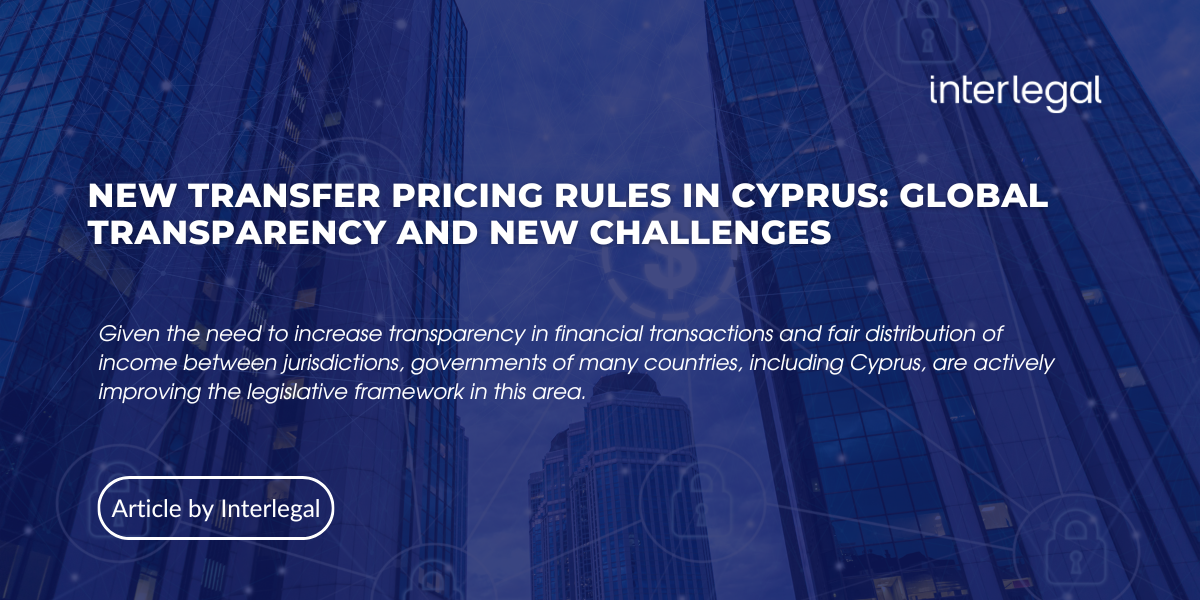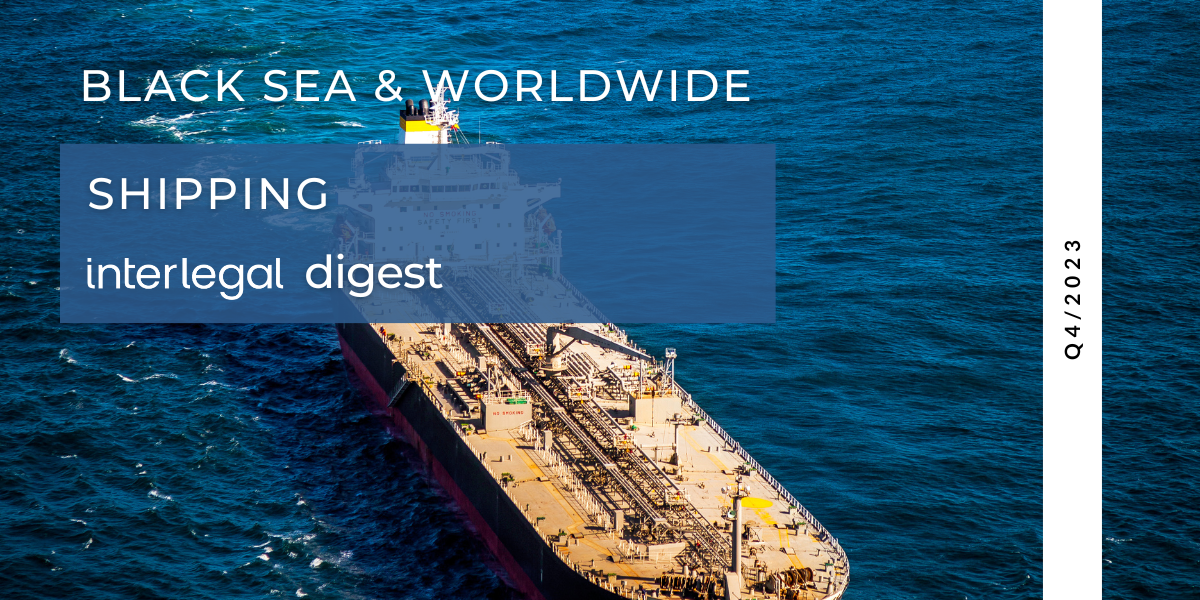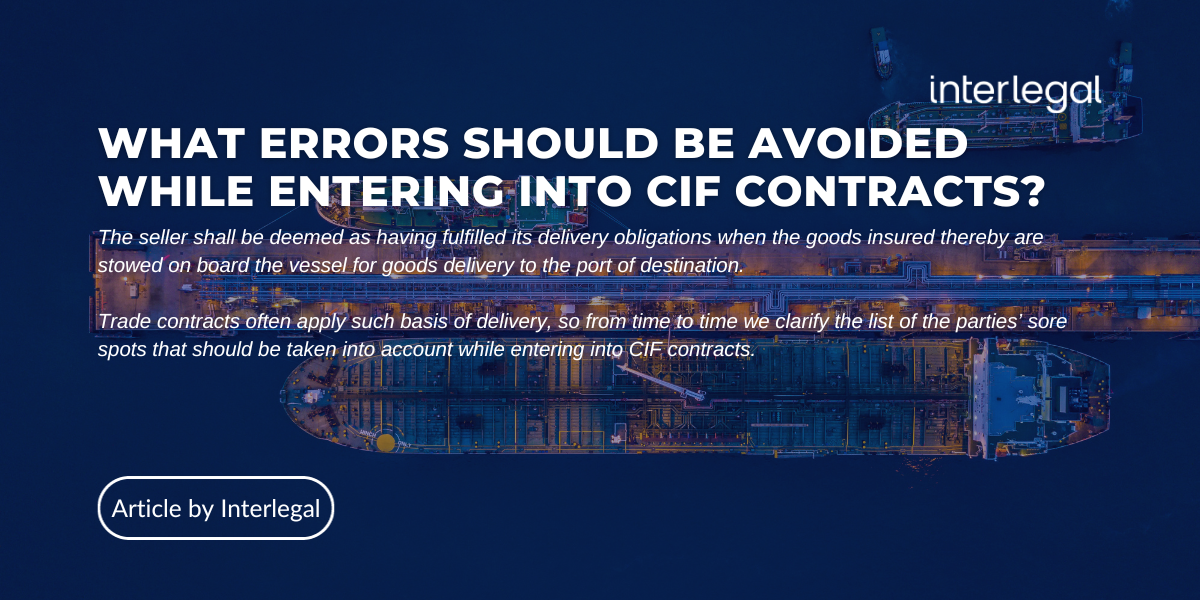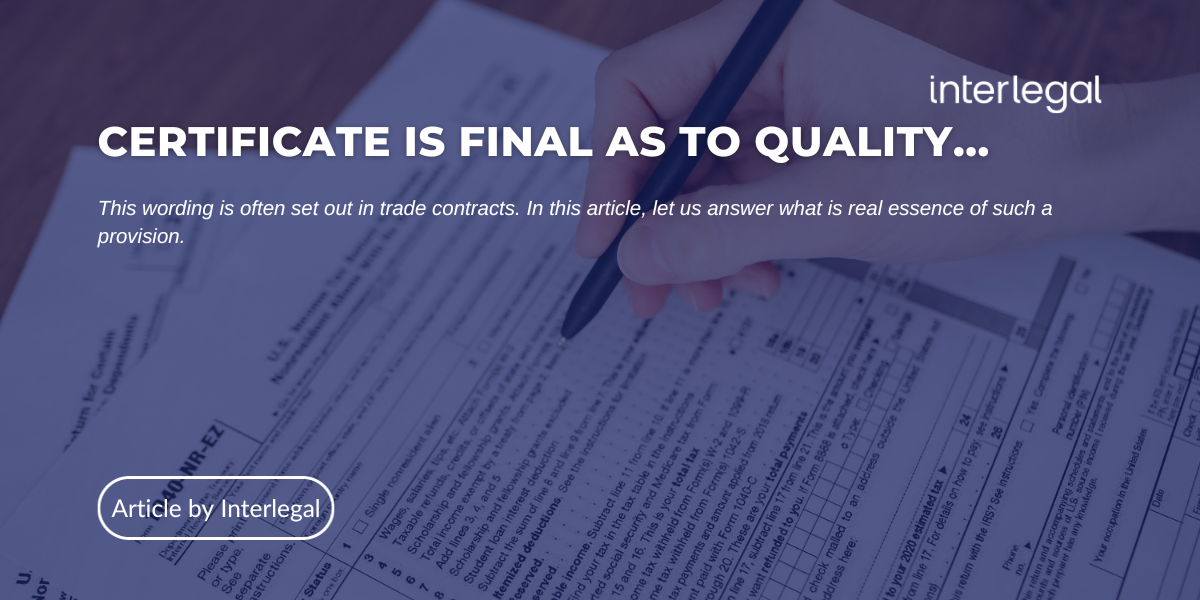Winter does not come suddenly: maritime industry should be prepared
18 December, 2013
2
Introduction
Severe weather conditions during Winter 2012/2013 had serious negative consequences for shipping businesses in Ukrainian ports. The execution of charterparties and sale and purchase contracts have been considerably delayed or repudiated, resulting in significant damages and losses for the parties involved. Moreover, long-term weather forecasts for Winter 2013/2014 are pessimistic.
All participants of the transport chain are exposed to the consequences of difficult ice conditions. In particular, due to severe weather, cargo shipments from a frozen port can be delayed and it can be impossible for a vessel to call at such a port. Depending on the conditions of a contract, a party can be held liable for vessel delays due to ice convoys/loading (ie, demurrage and detention) and cargo delivery delays – or the entire contract may even be repudiated.
Ice and force majeure circumstances
Traditionally, standard commodities purchase and sale agreements are governed by English law. Under English law, a force majeure clause is interpreted as an agreement between the parties which releases them from execution of the contract when such performance is impossible in view of the occurrence of force majeure circumstances mentioned in the clause. Such a failure to perform will not be considered a breach of contract.
In case of disputes due to difficult ice conditions, the main issue is the agreement between the parties in the force majeure clause and/or the ice clause of a contract. If existing weather conditions are directly stipulated in the agreement as force majeure, the parties may continue performance of the contract; if not, the parties should come to an agreement on an extension of delivery time and/or on redistribution of the losses connected with the delay. The usual practice in sale and purchase agreements is to extend the time of performance. Only after expiry of such period will one or both parties be entitled to terminate the agreement.
The situation with charterparties is different. If the force majeure clause or ice clause of the charterparty does not stipulate the occurred circumstances as force majeure, it will be difficult for charterers to avoid liability for payment of demurrage or detention fees. If a force majeure clause is incorporated into the charterparty, it will usually contain the list of documents (eg, written notice, notification and chamber of commerce certificate) that must be submitted by a party as evidence offorce majeure circumstances. Such terms should be closely complied with – for instance, an incorrect calculation in the chamber of commerce certificate can render it irrelevant to the matter or invalid for the purposes of a contract.
Ice dues
Under Ukrainian legislation, ice dues are paid by the shippers whose cargo is handled through Ukrainian ports. The dues are calculated on the basis of the quantity of cargo shipped during a certain period from a certain Ukrainian port. Each port usually stipulates such period depending on weather conditions. The dues cover:
port services related to ice and snow removal from berths and approach channels;
maintenance of loading equipment in severe winter conditions; and
services of ice-breakers and tugs that ensure vessel passage through frozen channels and port waters.
Disputes arise every year regarding ice dues charged on cargo owners that have no direct relationship with a vessel. At present, ice dues are considered an obligatory payment, irrespective of particular services, because during certain winter periods they are subject to payment even if no ice has formed. Additional special fees apply for the actual services of the ice-breaking fleet.
However, a draft order is being prepared by the Ministry of Infrastructure that will implement significant changes in the approach to payment for ice-breaking services. According to the draft order, certain fees for ice-breaking services will be charged per cubic metre of the vessel’s imputed volume, as determined by the tonnage certificate. Shipowners will submit payments for ice-breaking services to the Administration of Sea Ports.
Recommended ice clauses
In most cases, participants in the transport chain ask for legal assistance only when the situation requires immediate intervention. However, the best course of action is to take preventive measures. Considering the specific weather conditions and particulars of port practice in the Black Sea and Azov Sea, ice and/or force majeure clauses – specially developed by local lawyers – should be incorporated into the standard forms of charterparties and other contracts.
Original article by Nikolay Melnykov on www.internationallawoffice.com
























































